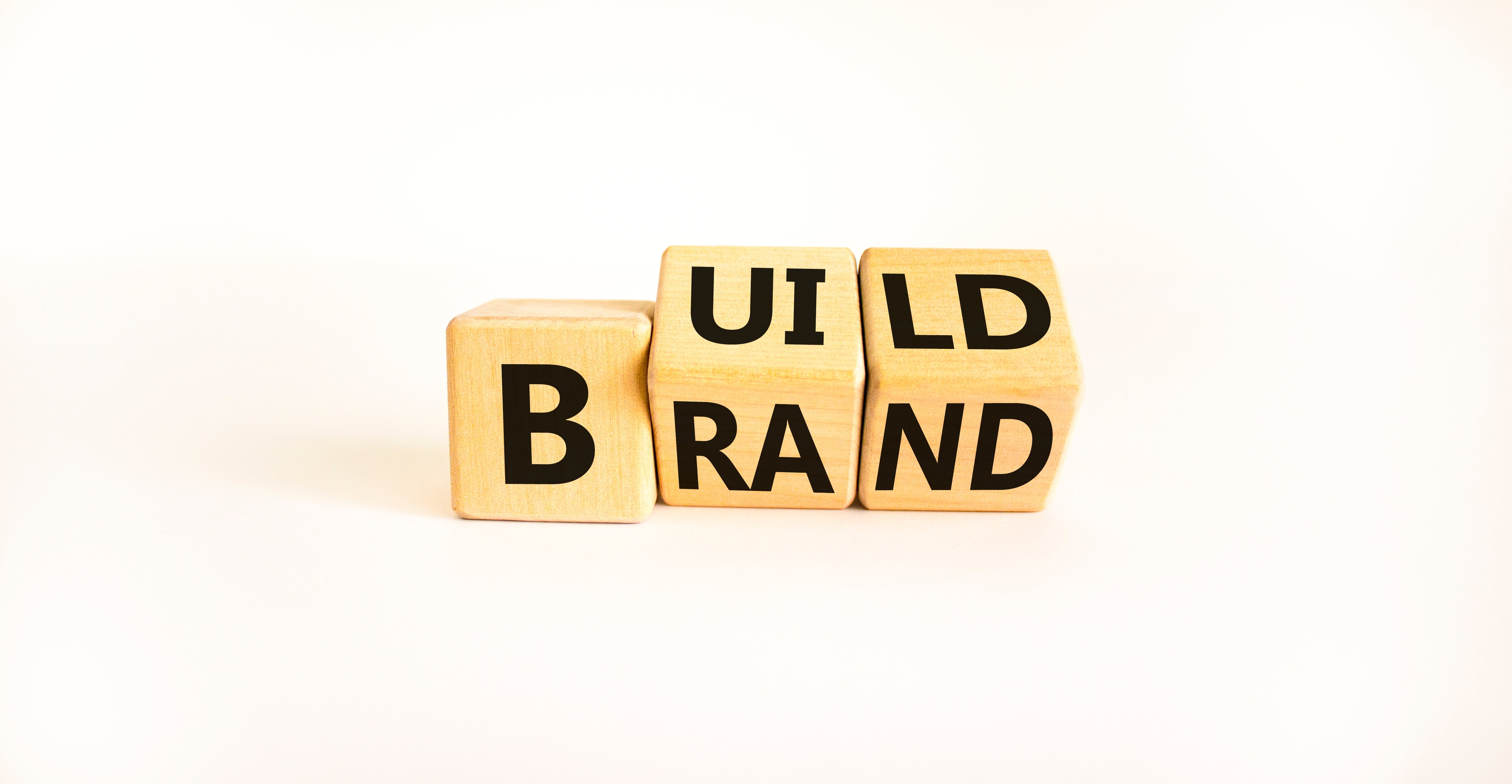Banner artwork by logofinding / Shutterstock.com
What is your personal brand?
Have you ever thought to yourself, what comes to mind when other people think of me? If you are known for something, chances are that other individuals are associating you with your personal brand. Your personal brand is the perception others have when they think of you. What do you want that perception to be? It may be worth considering whether you want to be known for being an expert on some topic, or maybe you have a passion that you feel inclined to express through your volunteer pursuits. Whatever the case may be, your brand evokes a certain impression of you to others.
When you consider how you would like to build your personal brand, start with a clear idea of who you are and what you have to offer to your audience. Maybe your brand revolves around being the go-to person in a certain area of law, or maybe you are a generalist who will rise to challenges and solve problems, from small to complex. Perhaps you have a passion, such as service in support of a charitable cause, or maybe you are a thought leader on an important issue like inclusion in the workplace, or someone who is relentlessly passionate about a certain cause that you feel will help to produce positive change, such as environmental protection.
Why is your brand important?
Your personal brand is the way others identify you. It helps people have a sense of what you represent and what you can offer. Your brand matters because without it, others will either not identify you with qualities and offerings that are important to you, or worse yet, identify you with a brand that is either unintentional or is unfavorable to you.
Building your brand
Your personal brand will be more apparent to others if you are authentic and consistent about what it is you are portraying to others. Your brand will be more effective if it truly reflects who you are as an individual. This is because people will see your brand emanating from you, regardless of how they interact with you, whether in-person, online, and so on. For this reason, your brand must be a feature or offering you portray consistently. It should be “second-nature.” Your brand should concentrate on a few attributes, and will be more effective if such qualities are complimentary, rather than conflicting in some way.
Your brand will be more effective if it truly reflects who you are as an individual.
Building your brand involves living it. If you tell people that you represent something without them seeing evidence of what it is you represent, you also need to provide evidence that substantiates what you say you represent. What kind of evidence? You should be able to point to specific examples of your brand.
Generally, brands get built over time. The time it takes to build your brand will vary. A certain degree of patience will be required to build out your personal brand as others need to have repeated encounters with it. As people gain greater exposure to your consistent, evidence-based portrayal of yourself, your brand should start to take hold.

Boosting your brand
Giving your brand a helping hand can be as simple as showcasing what you represent or have to offer through conversations with others. Through leveraging various forms of media, from print to social channels, as a couple of examples, you can also help attract greater visibility to your endeavors. You can also improve your brand through more formal channels, such as by giving presentations, or through speaking engagements. Through utilizing the avenues you deem appropriate, you will convey your personal brand to others. Don’t forget that how you convey your brand will help to magnify it. Think about whether your style of conveying your personal brand aligns with the message you want to others to take away.
Don't forget that how you convey your brand will help to magnify it.
Your ability to build momentum at an appropriate pace may help your brand to gain more recognition and support. Consider whether there are others who will support your message, which will thereby give your brand a wider audience.
Personal branding is not a science, but there are some important considerations that can help you to clarify what you represent or have to offer, how you can build out your brand, and ultimately maintain it over time.
*The views expressed in this article are solely those of Ashley J. Butts, and do not reflect the views of BASF Canada Inc. or any of its affiliate companies.
Disclaimer: The information in any resource in this website should not be construed as legal advice or as a legal opinion on specific facts, and should not be considered representing the views of its authors, its sponsors, and/or ACC. These resources are not intended as a definitive statement on the subject addressed. Rather, they are intended to serve as a tool providing practical guidance and references for the busy in-house practitioner and other readers.




